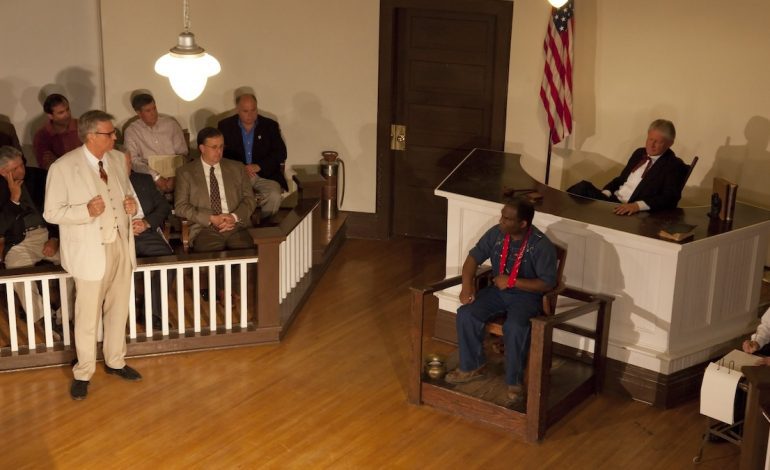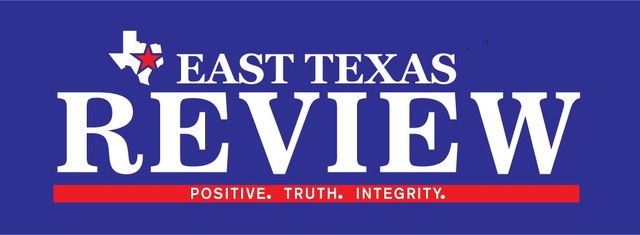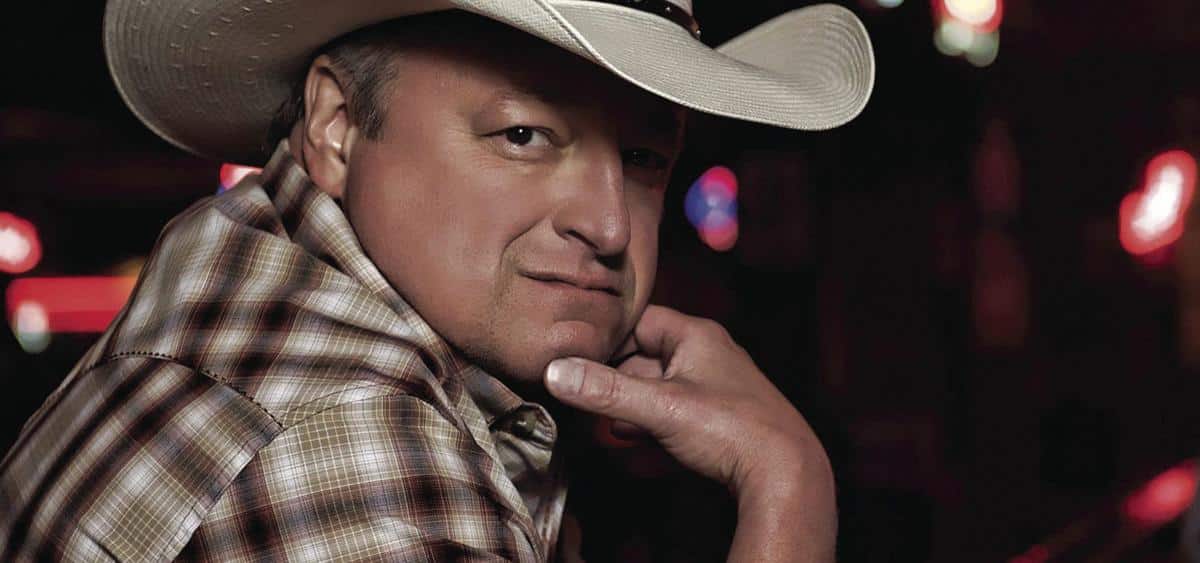
Crime And Conduct: To Kill A Mockingbird
By Matthew Mangino
MAIN PHOTO: To kill a mockingbird: A scene from the play performed in the actual courthouse in Monroeville, Alabama. Photo credit: Carol M. Highsmith-Library of Congress.
The Ethical Failings of Atticus Finch
On Christmas day 1962, Universal Pictures released the film “To Kill a Mockingbird.” The movie was based on Harper Lee’s Pulitzer Prize-winning novel of the same name. The film adaptation earned Gregory Peck an Academy Award.
The story takes place during the Depression in the fictional town of Maycomb, Alabama. The narrator’s father, Atticus Finch, a lawyer and state legislator, is appointed to represent Tom Robinson, a Black man accused of raping a white woman.
Many scholars have studied the implications of Lee’s work. “To Kill a Mockingbird” is one of the most-read literary works in American history with over 30 million copies sold. The book has been cited for its influence on the civil rights movement, and the character of Atticus Finch has been lauded as the model father, as well as possessing the integrity and temperament for which all lawyers should aspire.
However, at times, Atticus Finch did not display the “ethics” worthy of a trial lawyer or the “integrity” of an officer of the court.
In the courtroom, Finch was cross-examining the alleged rape victim Mayella Ewell. In the middle of questioning Mayella, Finch grabs an empty drinking glass from a table and tells the defendant Tom Robinson to stand up. He throws the glass to Tom who catches it with right hand. Tom tosses it back and Finch says, “Now catch it with your left hand.” Robinson, not yet sworn as a witness, answers, “I can’t use my left arm, Mr. Finch.” A crucial revelation for the defense.
This should have resulted in a mistrial – it didn’t because the all-white, all-male jury already knew the trial’s outcome, and so did the prosecution. Having the defendant offer testimony unsworn is certainly an ethical transgression, something no competent lawyer would do or even consider.
While we remember Finch as a heroic figure who stood up to racism and tried to save the life of a Black man in a racist Southern town, Finch tolerated racism and even made excuses for it.
More than a decade ago, Malcolm Gladwell wrote about Finch in the New Yorker. Gladwell laments that Atticus Finch lauded the “character” of racists in Maycomb.
Gladwell examined Finch’s thoughts about Walter Cunningham, a Maycomb man who attempted to lynch Tom Robinson, “Cunningham, Finch tells his daughter, is ‘basically a good man,’ who ‘just has his blind spots along with the rest of us.'”
Finally, after Robinson is convicted, and later killed while trying to escape, Robert Ewell, Mayella’s father, attacks Finch’s children while walking home one evening from a school function. Spoiler alert: Finch’s neighbor Boo Radley, a shy, introverted recluse rescues the children and carries Finch’s injured son home.
It turns out Ewell was dead. He had been stabbed with his own knife. Sheriff Heck Tate comes to Finch’s home, and although initially reluctant, Finch agrees with Sheriff Tate not to bring Boo Radley into the spotlight of an inquiry or trial. “Let the dead bury the dead” says the sheriff. He tells Finch, “Bob Ewell fell on his knife.” Finch is complicit in the cover-up of a homicide.
“To Kill a Mockingbird” examines a number of significant issues (race, gender, poverty, domestic violence, courage, and cowardice) through the lens of a rural Southern criminal justice system. The story also reveals the challenges that face all of us when trying to be consistent with our values and beliefs. Even a revered character like Atticus Finch struggled with right and wrong.
The book and the film are timeless classics. Every critical reading or viewing provides new insight into the layered characters and, more importantly, into the struggle to understand what Lee had in mind when she brought this drama to life nearly 65 years ago.
Matthew T. Mangino is of counsel with Luxenberg, Garbett, Kelly & George P.C. His book “The Executioner’s Toll, 2010” was released by McFarland Publishing. You can reach him at www.mattmangino.com





